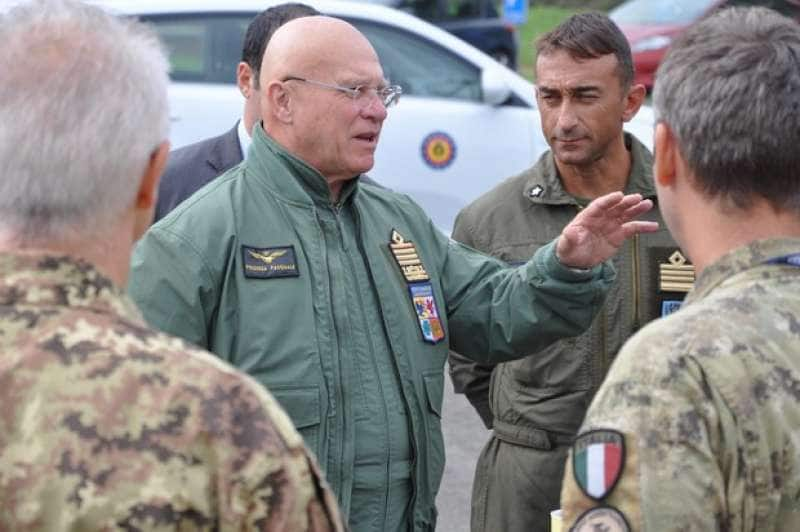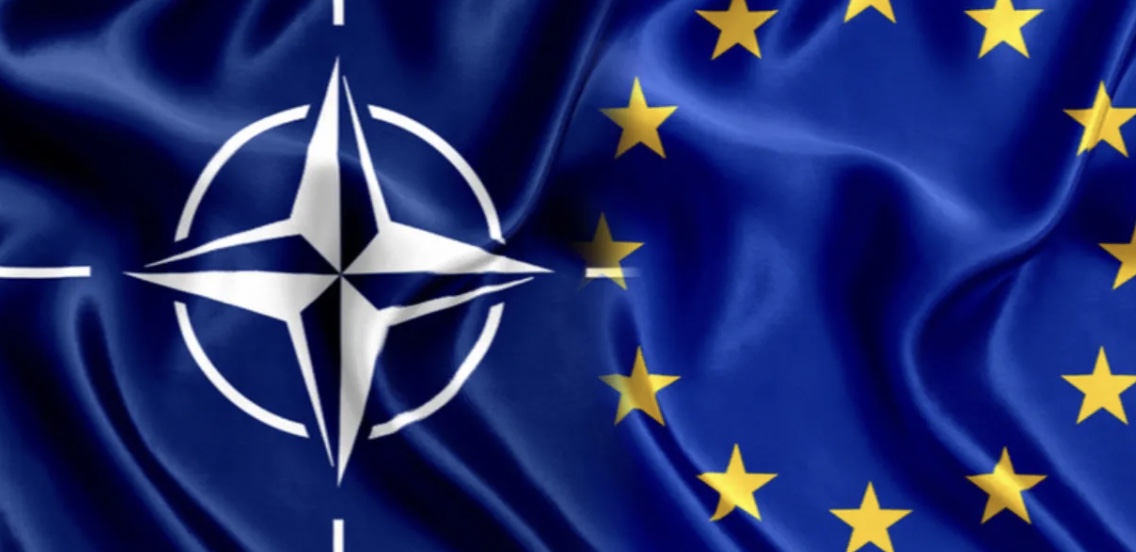(by Andrea Pinto) A protracted war is expected in Ukraine despite the Russian difficulties reported by the Western media. Yet Russia is increasingly present in Middle East, Africa (Congolese) South America (Venezuela in the lead) e Balkans, ma anche in Iran e India not to mention the China. The Western sanctions, apparently, seem not to have affected the domestic economy of the Federation that much, which, instead, has put European economies in check with the rationing of gas and oil, not to mention the danger of famine in Africa and the Middle East. due to the slowdown in departures via cargo ships of Ukrainian wheat and grain.
On the military side, many independent analysts argue that the Russian Federation used only 10 percent of its military potential in Ukraine, emptying, for now, most of its old arsenal dating back to the Cold War. Moscow has, for now, given only a small sample of its modern tactical and strategic potential by launching medium and long range hypersonic missiles, Khinzal, Sarmat etc .. An example of the modus operandi Russian is told by the survivors of the Chechen war to Reuters: "the Russians at the time they razed everything to the ground, buildings, shopping centers, hospitals, schools but also and above all the paved roads, it was impossible to move, it was impossible to live ".
In Ukraine, for now, however, the elastic tactic is preferred on both sides of the two sides between conquests and reconquest of territories lost and then taken back. A way to bog down the conflict and test the resilience of international aid and world governments, many of which in the meantime have fallen or are in great difficulty in the face of growing inflation (also due to Russian gas) which puts a strain on its citizens. With the arrival of winter everything will be more complicated because Russia could close or reduce the flow of gas at will. European governments have already foreseen extraordinary energy rationing plans, until full independence is achieved, which is expected for Italy no earlier than the end of 2024.
In a very fluid context that is in fact redesigning a new multipolar world order, NATO e European Union have shown, once again, even in the face of a bloody war in their own backyard, poor strategic vision and veiled uniqueness of purpose, thus endorsing one of Putin's objectives: decree the age of NATO, the UN and the heterogeneity of the European Union.

The examination made on the topic on is very interesting ants.net by the general Pasquale Preziosa, former head ofair Force Italian until 2016 and today president of the #Eurispes Security Observatory.
War is a typical sociological phenomenon. It is therefore not surprising the persistent illusion in each of us to know the complex phenomenon of war and to immediately intuit solutions without the effort of reflection and research. In an article that appeared on Foreign Affairs (August 4, 2022), Alina Polyakova e Lyya Timtchenko they claim that "With every member providing some form of assistance to Ukraine (military, humanitarian, or financial), the reality is that the alliance is already involved in the war even without 'boots on the ground'".
This concept appears somewhat illusive and therefore could lead to conclusions not in line with the strategy already declared by the NATO Alliance and the European Union (EU) for countering the Russian invasion of Ukraine. NATO for the war in Ukraine has shown a new unity of political intent that has been lost in recent years, the United States has shown a great commitment to the defense of Europe and the European countries, by a very large majority, have shown an important political position against the Russia for the unmotivated invasion of Ukraine with a quick decision to increase national defense budgets. Aid given to Ukraine is both on a voluntary basis and legitimized by international law.
The position of the Alliance from the beginning of the conflict has been clear: "Allied support is constrained by the imperative of non-belligerence. Nato Allies have made it clear upfront that they have no desire to directly confront Russia, hence the rejection of a no-fly zone or any other move carrying the risk of inadvertent escalation ".
Therefore, NATO will not intervene in the ongoing war between Ukraine and Russia, nor can military aid configure anything different from what is established in Article 51 of the UN charter. The international arms trade treaty adopted by the United Nations General Assembly in 2014 is currently in force, which evokes the possibility of states to intervene only for purposes of self-defense.
The control of military aid given to Kiev essentially aims at rationalizing and controlling the influx of armaments into Ukrainian territory in order to avoid diseconomies and loss of control over them under the international arms trade treaty. The search for greater organizational efficiency in the distribution of weapons cannot configure any concept of direct involvement in the ongoing war.
Ukraine is not part of NATO and therefore is not a country to which the clauses of the North Atlantic Treaty or Art. 5 for mutual support in the event of an assault. In the context of NATO countries, however, it is possible to identify political positions that do not perfectly coincide with each other.
The old Europe which is far from the Ukrainian front expresses less radical positions ("we must not humiliate Russia") towards Russia compared to the new NATO countries of Eastern Europe which still bear the signs of the sad Soviet past. There Turkey, although included in NATO but not in the European Union, it is the bearer of strategic interests that are very different from the rest of Europe and NATO (it has acquired Russian missile systems and today Russia has been identified as a new threat for NATO countries). Erdogan, has been able to build an image of Turkey as a hinge country with the Middle East and Asia and in this role he has committed himself together with the UN as a mediator for the unblocking of the transport of Ukrainian wheat to Africa.
Africa is the continent with the greatest attention together with the Middle Eastern area and the former Yugoslavia from Russia, Turkey and China. In particular, Syria, Libya, Somalia, and the Balkans are the areas in which Russia and Turkey are holding meetings even at the highest levels to establish new areas of influence taking advantage of the difficulties of political movement in Europe (Italy) and of the USA in those swampy theaters ruled for the most part by corrupt autocracies.
It is a moment of great transition in the world balance, where the strategic competition identified and signaled by Hockett it has taken the place of the traditional wars which today represent only the warning sign of possible explosions in the economic, financial, technological and health fields. It is no longer possible in the new era of uncertainty to continue to apply now decayed paradigms of the previous era linked to risk.
The war in Ukraine must be treated with a different strategic and political lens in order to better govern the consequences that will soon manifest. At the moment, the unique strategic documents developed by the West are for NATO the new strategic concept recently approved in Madrid and for the European Union it Strategic Compass approved a few days before the invasion of Ukraine.
The first document proposes a sort of new Cold War with identification of a classic threat: the Russia, and a new focus on the China. The second document, on the other hand, proposes from 2025 a training of 5000 units to deal with European emergencies for an advanced European defense.
Both documents, unfortunately, they do not contain innovative strategies to cope with the uncertainty of the new era, rather they appear insufficient to meet the new demand for security from the West, with the peculiarity that each country will continue to make technological and military investments mainly according to its own national agenda.
With these premises, any NATO involvement in the war between Russia and Ukraine would appear to be a stretch whose consequences would be worse than the geo-strategic disaster observed in Libya for Western military interventions in 2011.
